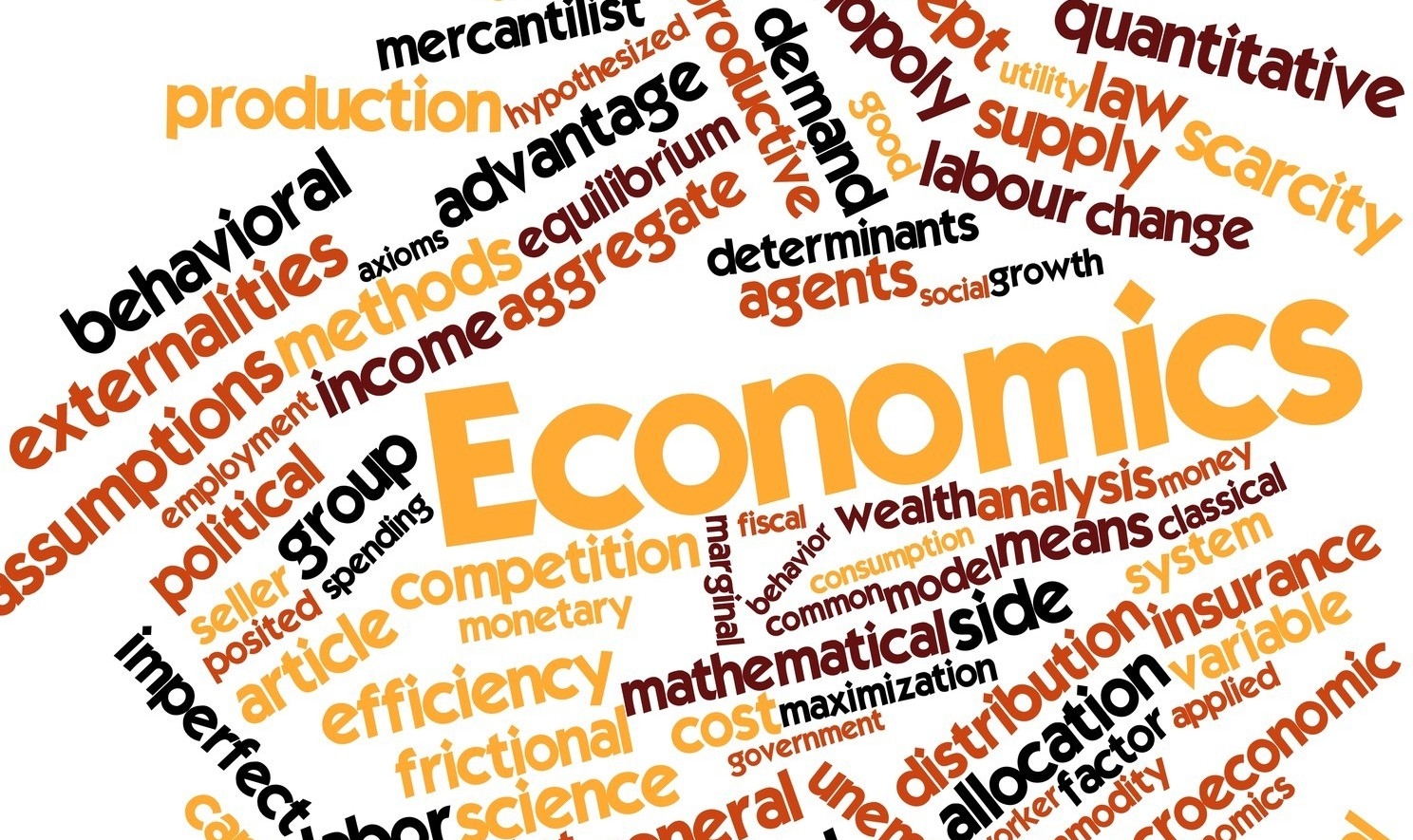Economics is a complex and fascinating field that deals with the production, distribution, and consumption of goods and services. In order to fully understand the concepts and principles of economics, it is essential to be familiar with the relevant vocabulary.
Whether you are a student studying economics or a business professional looking to expand your knowledge, mastering economics vocabulary can greatly enhance your understanding of the subject and help you communicate effectively with others in the field.
Economics Vocabulary
1. Supply and Demand: This fundamental economic principle refers to the relationship between the availability of a product or service and the desire of consumers to purchase it. When supply exceeds demand, prices tend to fall, whereas when demand exceeds supply, prices tend to rise.
2. Inflation: Inflation is the rate at which the general level of prices for goods and services rises, leading to a decrease in purchasing power. It is often measured by the Consumer Price Index (CPI) and can have a significant impact on economic stability and growth.
3. Gross Domestic Product (GDP): GDP is a key indicator of a country’s economic performance and represents the total monetary value of all goods and services produced within its borders in a specific time period. It is commonly used to compare the economic output of different countries.
4. Monopoly: A monopoly occurs when a single company or group controls the entire market for a particular product or service, giving them significant pricing power and limiting competition. Monopolies can have both positive and negative effects on consumers and the economy.
5. Opportunity Cost: This concept refers to the value of the next best alternative that is foregone when a decision is made to allocate resources in a particular way. Understanding opportunity cost is crucial for making informed economic choices and maximizing efficiency.
By familiarizing yourself with these and other key economics vocabulary terms, you can enhance your understanding of economic principles and theories, as well as improve your ability to analyze and interpret economic data and trends. Whether you are studying economics in an academic setting or applying economic concepts in a professional context, a strong grasp of economics vocabulary is essential for success in the field.
So, dive into the world of economics vocabulary, expand your knowledge, and unlock new opportunities for growth and learning in the dynamic and ever-evolving field of economics!
